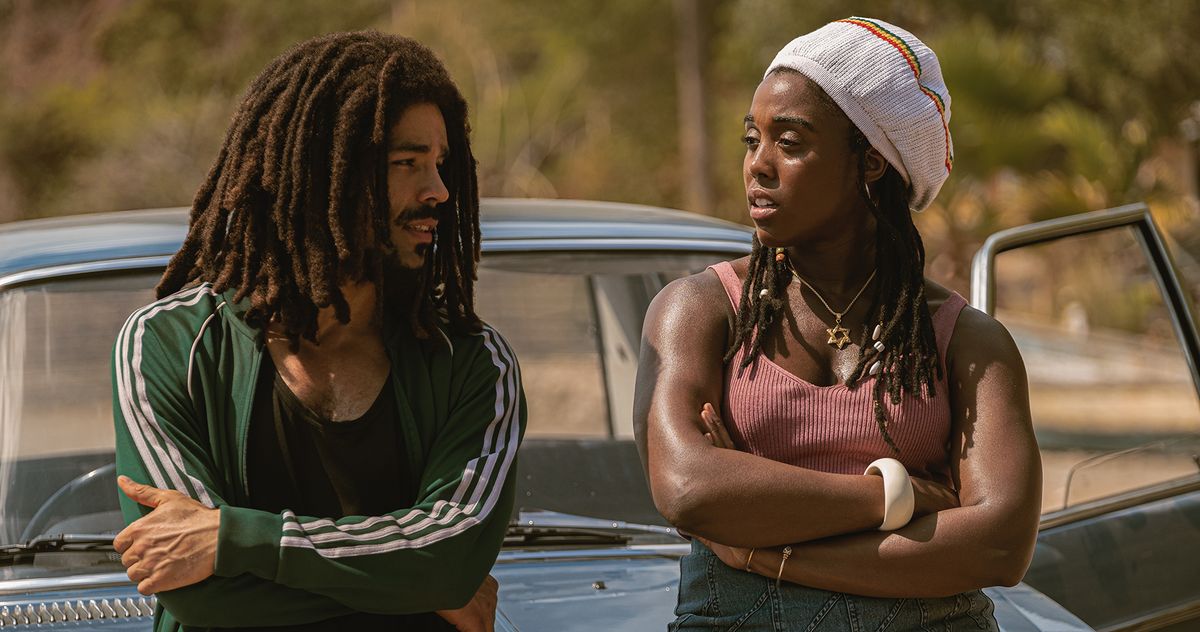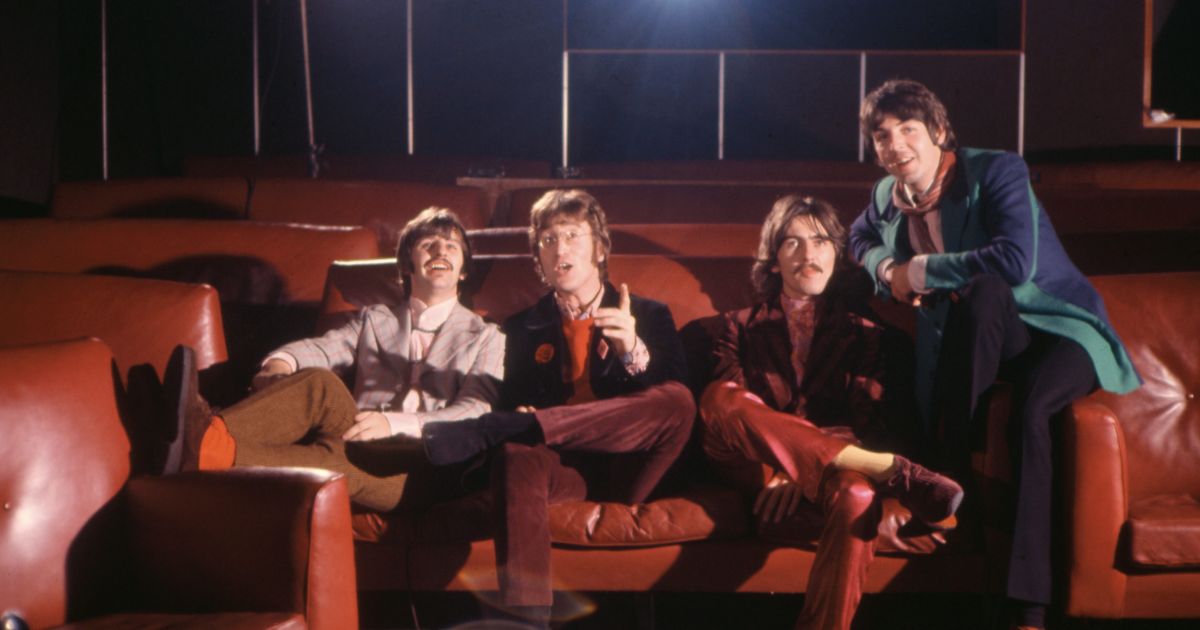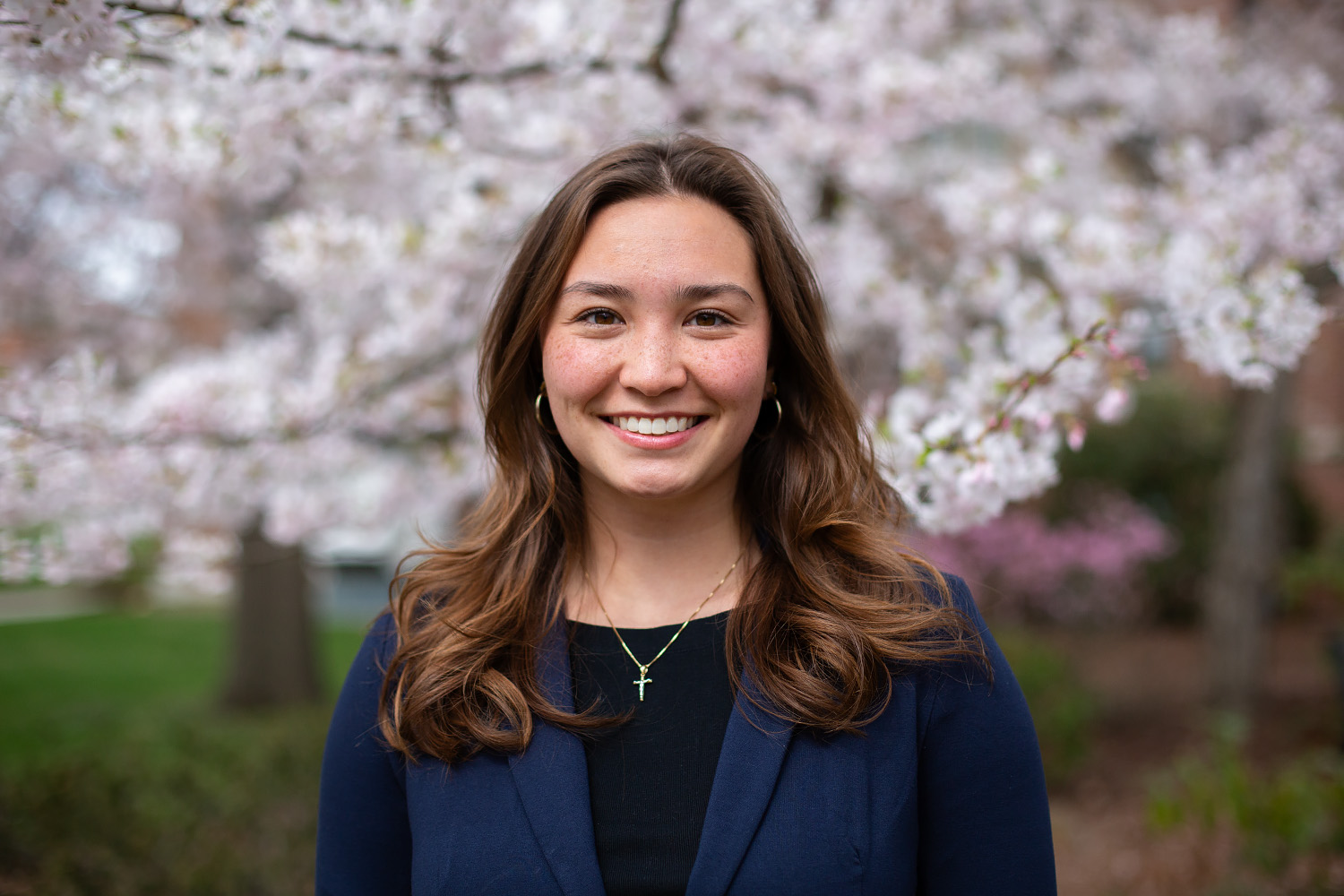
Movie Review: African American Actors make Orson Welles a legend via “VoodooMacbeth”
Movies about the early career of “wunderkind” stage and screen “wunderkind” Orson Welles are, by definition, for fans. And one thing fans are always going to insist on is casting a convincing version of the charismatic, sonorous stage and screen tyro of the ’30s and ’40s who became a film legend of the ’40s-70s, Orson Welles.
You don’t make a “Night That Panicked America” without a Paul Shenar, a “Mank” without Tom Burke or roll cameras on “R.K.O. 281” without someone of Liev Schreiber’s stature, voice and caliber. “Cradle Will Rock” won’t rock without an Angus MacFadyen as Welles, and if you’re really lucky, you land The Gold Standard, Christian McKay if you’re making a movie titled “Me & Orson Welles.”
The only excuse for not getting a properly magnetic Welles would be if you’re making a “student film.” Even the best of those don’t attract top drawer talent, and they generally aren’t released, with cause.
“Voodoo MacBeth” is a USC student film version of the theatre event that gave the “wunderkind” his “boy wonder” nickname. It’s an ambitious account of how Welles was handed his big break, a chance to direct a Federally-backed make-work-for-actors during the Depression production of Shakespeare’s “Scottish Tragedy.” Working with an all Black cast — because The New Deal recognized that Black actors need to work, too — Welles turned “Macbeth” into a Haitian voodoo fantasy set in the early earl 19th century.
The film never comes close to catching the lightning in a bottle this famed production became. It rubs much of the edge off many characters (especially Welles), lacks spark or anything resembling a sense of occasion, and is — at least — historically defensible even as it takes many liberties with the “real” events.
Ten student directors and eight student screenwriters and a cast of mostly little-known players take their best shot at this touchstone event in 1930s theater and in the career of Welles. They fall well short of the mark.
Yes, this “Voodoo” film won awards at mostly lesser known film festivals and the idea of releasing it theatrically isn’t insane. But it does border on delusional.
“Voodoo Macbeth” recreates, on the cheap, the New York of the mid-1930s, when the Federal Theatre Project was set up to employ starving Depression Era actors. New York Negro Theater Unit head, actress and producer Rose McClendon (Inger Tudor) was talked by fellow producer and future Oscar-winning actor John Houseman (Daniel Kuhlman) into getting stage and radio actor and sometime director Welles (Jewell Wilson Bridge) to take on the McClendon’s dream, a chance for her to play Lady Macbeth.
In the Jim Crow 1930s, it took a Great Depression for this “crazy” idea to even get considered.
Welles and McClendon are at loggerheads as he struggles to cast this show with the biggest names in the Black theater of the day, few in number, and a lot of unknowns. Welles was a childish, headstrong newlywed of 20 (June Schreiner plays Virginia Welles, who is credited here with thinking up turning the witches into “voodoo” mystics, with jungle drums in the score, etc.). Unused to dealing with Black actors and Black people outside of servile jobs, Welles cast a singer with no acting experience here, a boxer (Wrekless Watson) with “presence” there, a drunk (Gary McDonald plays Jack Carter), the would-be thespian elevator operator (Jeremy Tardy) at his apartment building, and leading man with immigration problems (Ephraim López is Juano Hernandez).
The superstitious Welles becomes convinced the show is cursed thanks to the play that they’re doing, with accidents, bad luck and the like, with their chief obstacle to success a showboating conservative Texas Congressman (Hunter Bodine) hellbent on shutting them down.
But they soldier on — Welles directing — “Say the words Shakespeare gave you…and MEAN them” — and the cast overcoming the odds as the Black community pickets (Welles dons blackface to fill in for a missing player), Federal money is withheld and an early critic, painted as corrupt here (Ben Shields) savages the show.
None of it, not Welles’ flirtation with his Lady Macduff later Lady Macbeth (Ashli Haynes), not Welles’ domestic problems, not the cast’s various burdens and foibles, is scripted or acted in ways as compelling as the real story, which has been related, in great detail, by every Welles biographer.
Student filmmakers are allowed to overreach, to make mistakes in tone, tight pacing and clear messaging. It’s a learning experience, even in a written-and-directed-by LARGE committees project like this. The only thing releasing this middling effort accomplishes is keep the Welles lore it’s based on alive, even as it discourages others from taking a shot at filming.
But if it’s any consolation, remember another touchstone theatrical event from Welles’ electric years in the New York theater. “Cradle Will Rock,” the leftist labor musical he staged with Houseman and composer Marc Blitzstein, also made for a disappointing movie, even if it had a pretty good Orson as one of the leads.

Rating: unrated, violence, profanity
Cast: Inger Tudor, Jewell Wilson Bridges, Jeremy Tardy, Wrekless Watson, Ashli Haynes, June Schreiner, Daniel Kuhlman, Hunter Bodine and Gary McDonald
Credits: Directed by Dagmawi Abebe , Rohy ARwas, Hannah Bang, Christopher Beaton, Agazi Desta, Tiffany Kontoyiannis Guillen, Zoe Salnave, Ernesto Sandoval and Sabina Vajraca, scripted by Agazi Desta, Jennifer Frazin, Morgan Milender, Molly Miller, Amri Rigby, Joel David Santner, Erica Sutherlin and Chris Tarricone. A Lighthouse release.
Running time: 1:48


















































































